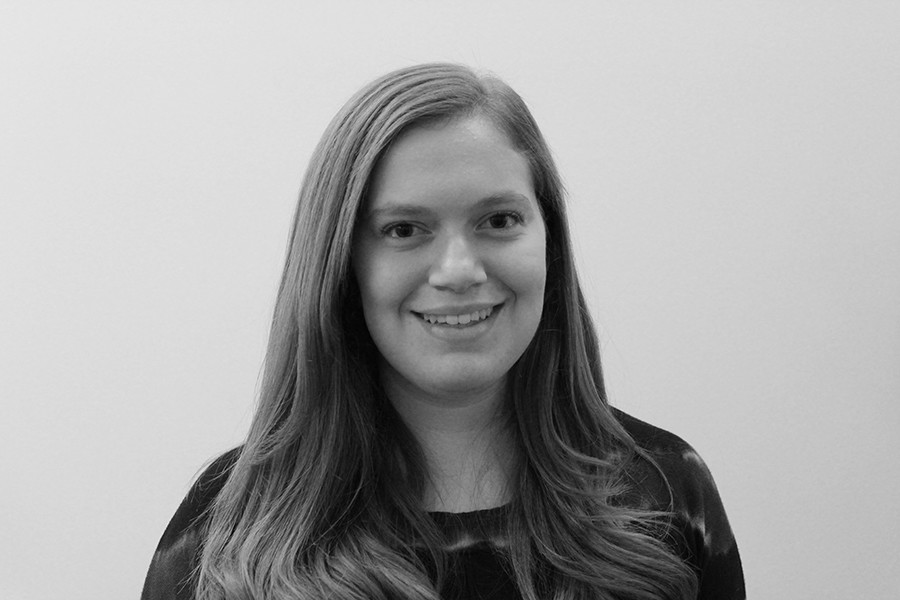Women’s colleges should admit trans women
March 11, 2015
Wellesley College, a women’s college in Massachusetts, announced on March 5 that they will admit transgender students who identify as women in their next admissions cycle. With this decision, Wellesley joins the ranks of several other prominent women’s colleges, including Bryn Mawr and Mount Holyoke, who have taken this progressive step. However, some women’s colleges reject the idea entirely, and others, like Barnard College and Smith College, have vague and perplexing policies based on individual applications. As the very definition of what constitutes gender is evolving, these admissions policies are antiquated and should be revised.
Most women’s colleges were founded on principles of equality and acceptance, so this reticence to update old guidelines is particularly baffling. Certain schools claim to accept transgender applicants on a case-by-case basis, and only then if all of their application materials list them as female. Unfortunately, while these applicants might self-identify as female, only some states allow the change of gender on birth certificates. On a federal level, individuals must prove they have had gender-reassignment surgery in order to change the gender on their passport or social security. Considering the vast majority of transgender people have not undergone such a major procedure by age 17, this government policy effectively prevents a trans student from being accepted into a women’s college. It is up to individual colleges to alter their definition of gender, even if the government is slow to do the same.
These discriminatory policies also reinforce the false belief that transgender women are not truly women. This sort of logic fuels transphobia and gives validity to stereotypes. By admitting transgender students, schools would not risk losing their status as women’s colleges — they would broaden what it means to be a woman, creating a more inclusive learning environment for all.
While it is a coeducational college and therefore does not deal with gender exclusivity, NYU has made positive strides in regard to gender issues. NYU’s housing applications allowed students the option to indicate gender identity instead of legal sex, which gives transgender students the right to live as their specified gender without requiring them to have transitioned surgically.
Historically, women’s colleges’ very purpose was to give a disenfranchised group fair access to education and subsequent opportunities they would have otherwise been denied. Should they continue to not welcome transgender students, they would turn their backs on the very value on which they are based. It might not be an easy journey, but it is ultimately a necessary one. Regardless of what one’s passport says, all women deserve a chance to be accepted at a women’s college.
Opinions expressed on the editorial pages are not necessarily those of WSN, and our publication of opinions is not an endorsement of them.
A version of this article appeared in the Wednesday, March 11 print edition. Email Annie Cohen at [email protected].
















































































































































Emily Albert • Mar 11, 2015 at 8:57 am
Hi Annie,
I think you’re very much right that this exclusion doesn’t speak to their founding principles, however, perhaps once reconsidering this exclusion, it is also worth it to reconsider the exclusion of men altogether. If women’s colleges’ were founded to create a space for women to learn, perhaps their mission has been rendered obsolete, especially today where an acceptance of gender fluidity is vital to maintaining an inclusive and progressive institution. Food for thought…
Emily